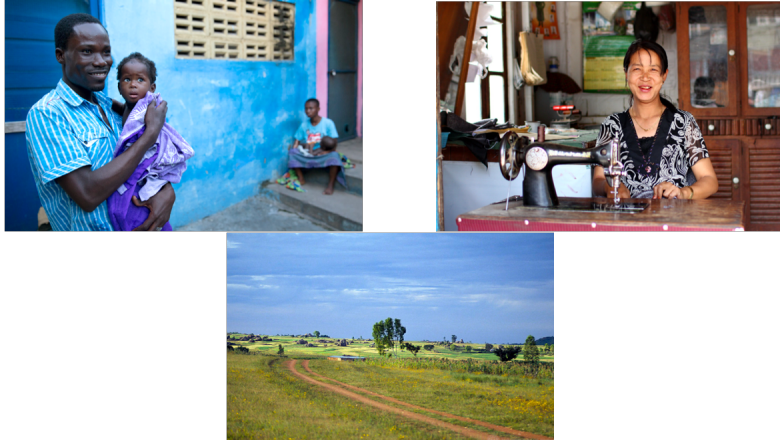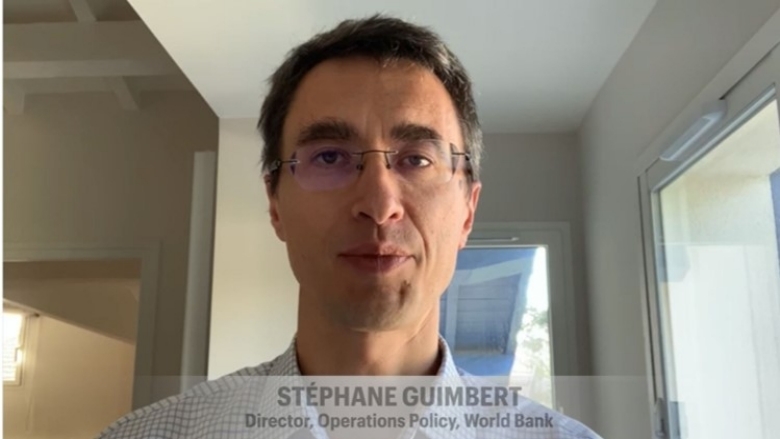The 2021 Development Policy Financing Retrospective reviews one of the World Bank’s three financing instruments – non-earmarked budget financing that supports policy and institutional reforms to help clients achieve sustainable growth and poverty reduction. This Retrospective presents key takeaways on trends and performance of DPFs and their role in supporting development priorities. The analysis is focused on DPFs committed between FY16 and FY21. The World Bank systematically distills lessons from DPF Retrospectives as part of an ongoing effort to learn from implementation. This is the fifth DPF Retrospective since the DPF Operational Policy (OP 8.60) was introduced in August 2004.
The World Bank invited views on the overview and summary of the 2021 Development Policy Financing Retrospective from November 11 - December 11, 2021.
The engagement period ended on December 11, 2021.
Background: The FY16 and FY21 Retrospective period was a tumultuous one for many developing countries. These years started with the aftermath of the commodity bust and ended with the COVID-19 pandemic. During this period, there were rising concerns and awareness of the need to address the detrimental effects of climate change, social and gender inequities, frequent natural disasters and other shocks, insufficient quality jobs, and persistent debt vulnerabilities, especially in low-income countries. The period culminated with the unprecedented COVID-19 pandemic, the impacts of which are far reaching and ongoing.
The Retrospective examines the performance of DPFs over the Retrospective period, and the strengths of the instrument in supporting clients as they implement policy and institutional reforms and lay the groundwork for a sustainable recovery in the wake of the COVID-19 pandemic. As the world rethinks development priorities in the wake of the pandemic, this report reviews the trends and performance of DPFs over the six-year Retrospective period and makes recommendations on how the tool could be enhanced to ensure it is relevant to address current development challenges. The Retrospective examines first how DPFs performed to support sustainable growth and poverty reduction in the context of selected global and regional crises in the past 14 years. The Retrospective then focuses on four selected areas which are core WBG corporate priorities: (i) fiscal and debt sustainability for macroeconomic stability and resilience, (ii) a conducive private sector environment to support private sector led development and job creation; (iii) gender equality, (iv) climate change adaptation and mitigation. The Report provides some insights on how DPFs have supported these areas in the past and how they are well positioned to support the GRID approach in the future.
Read:


